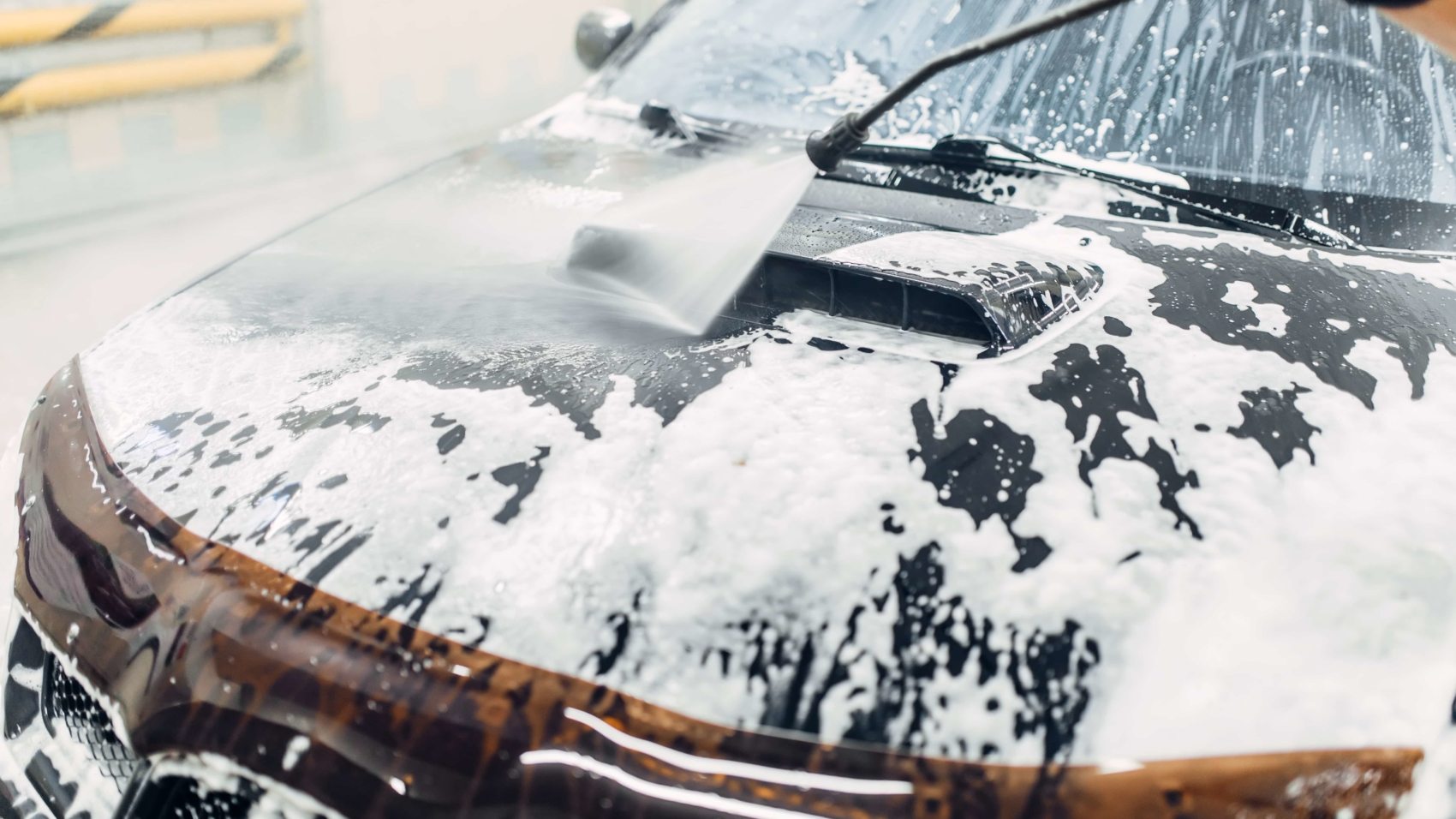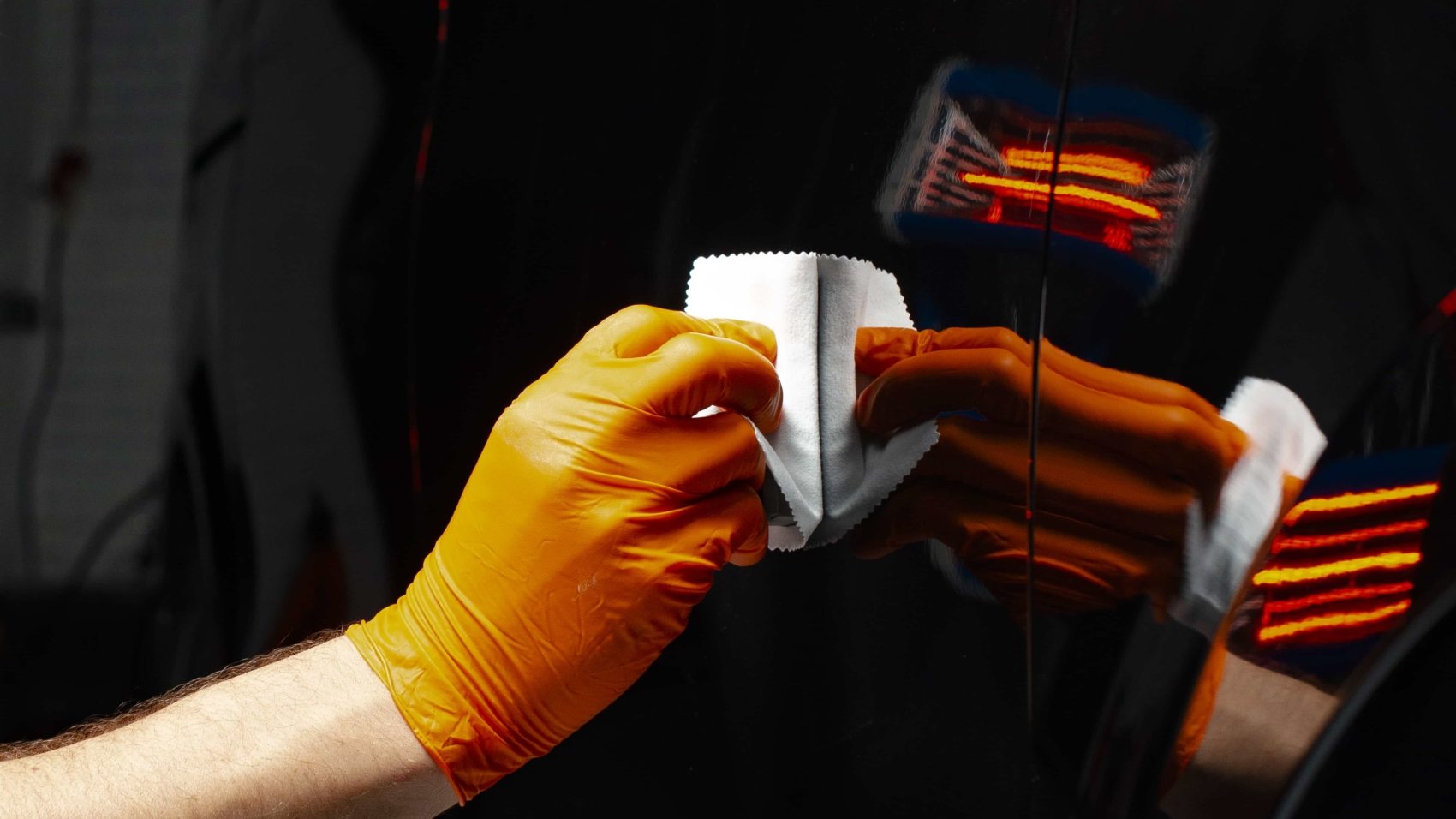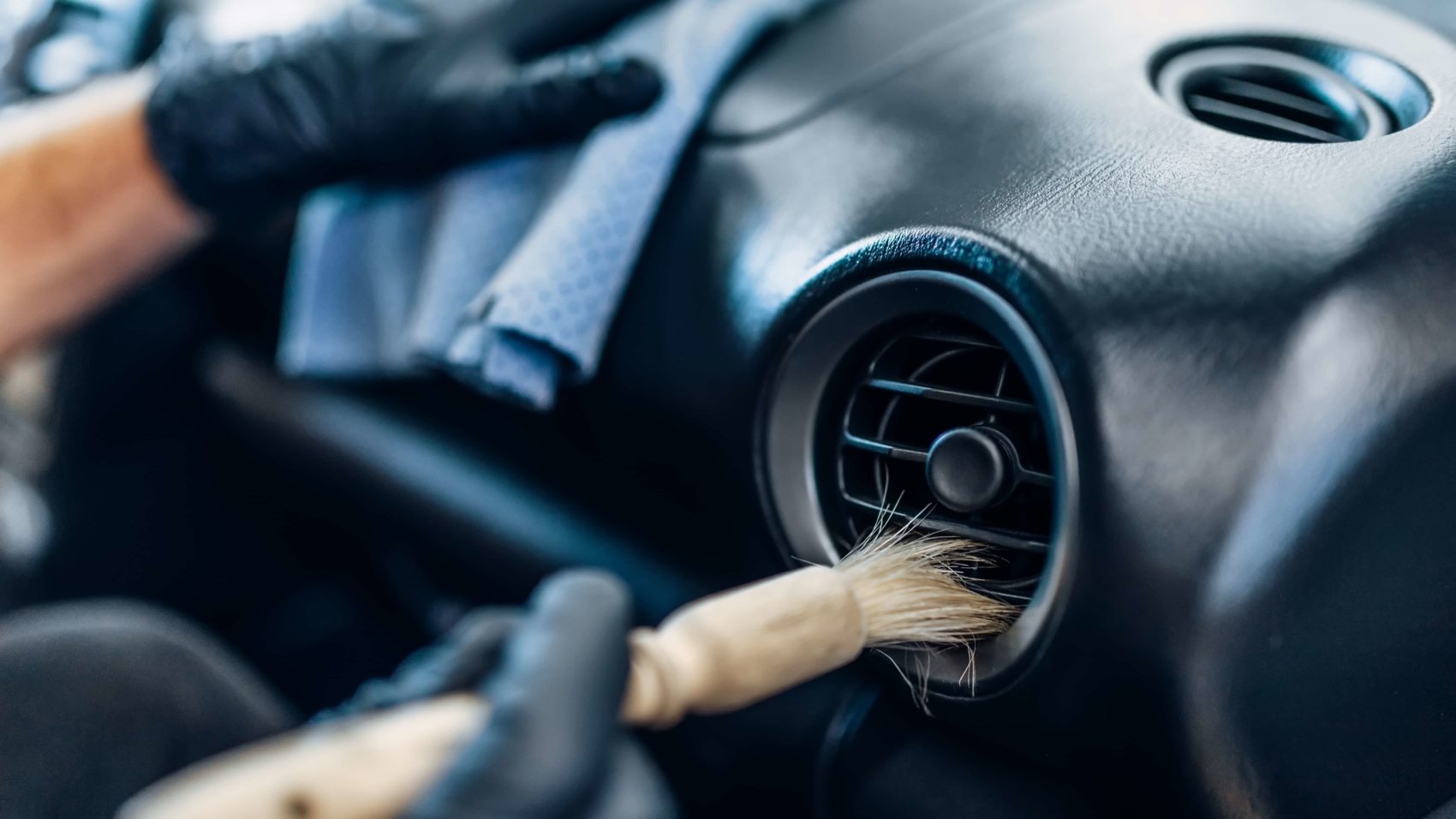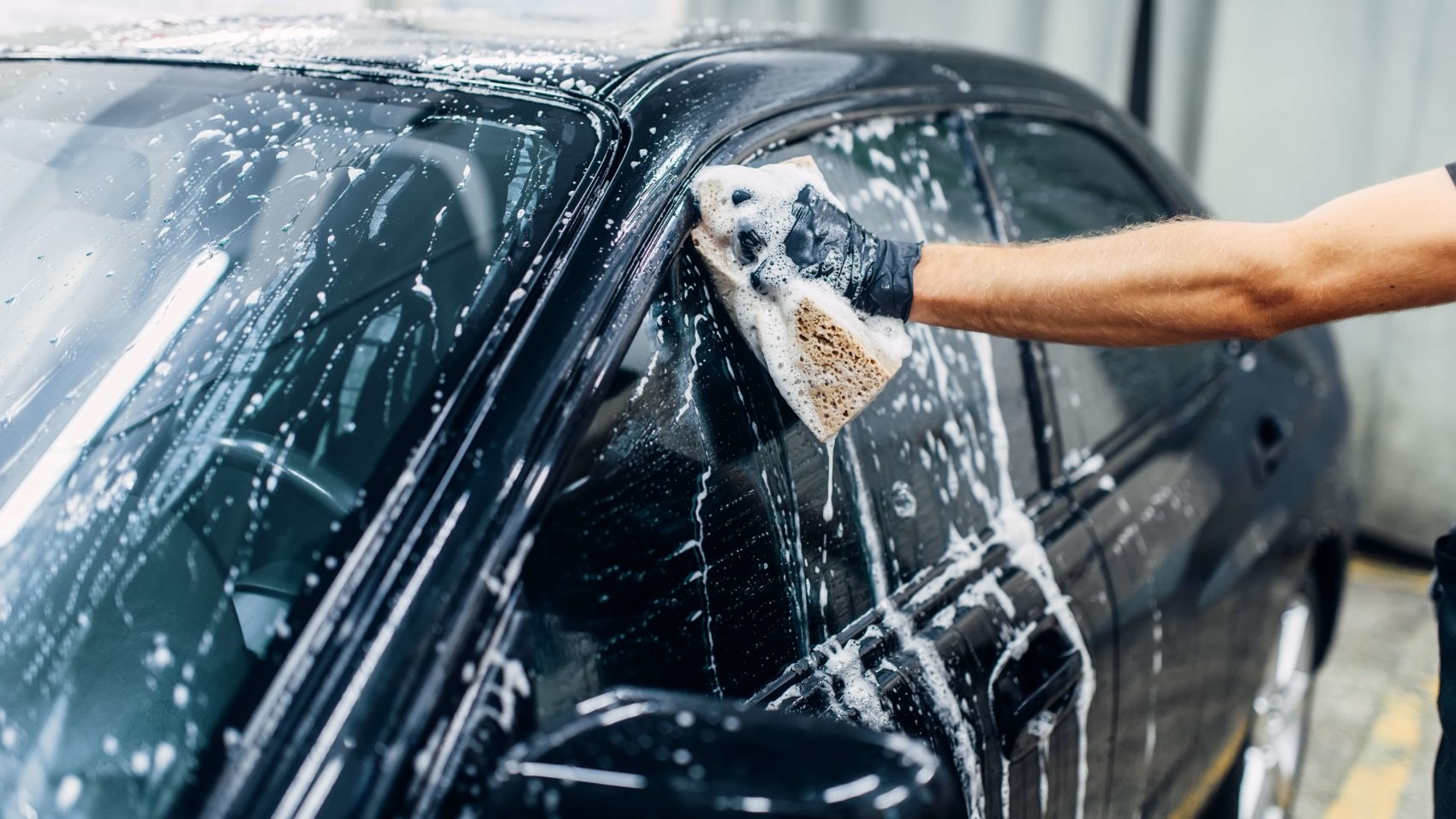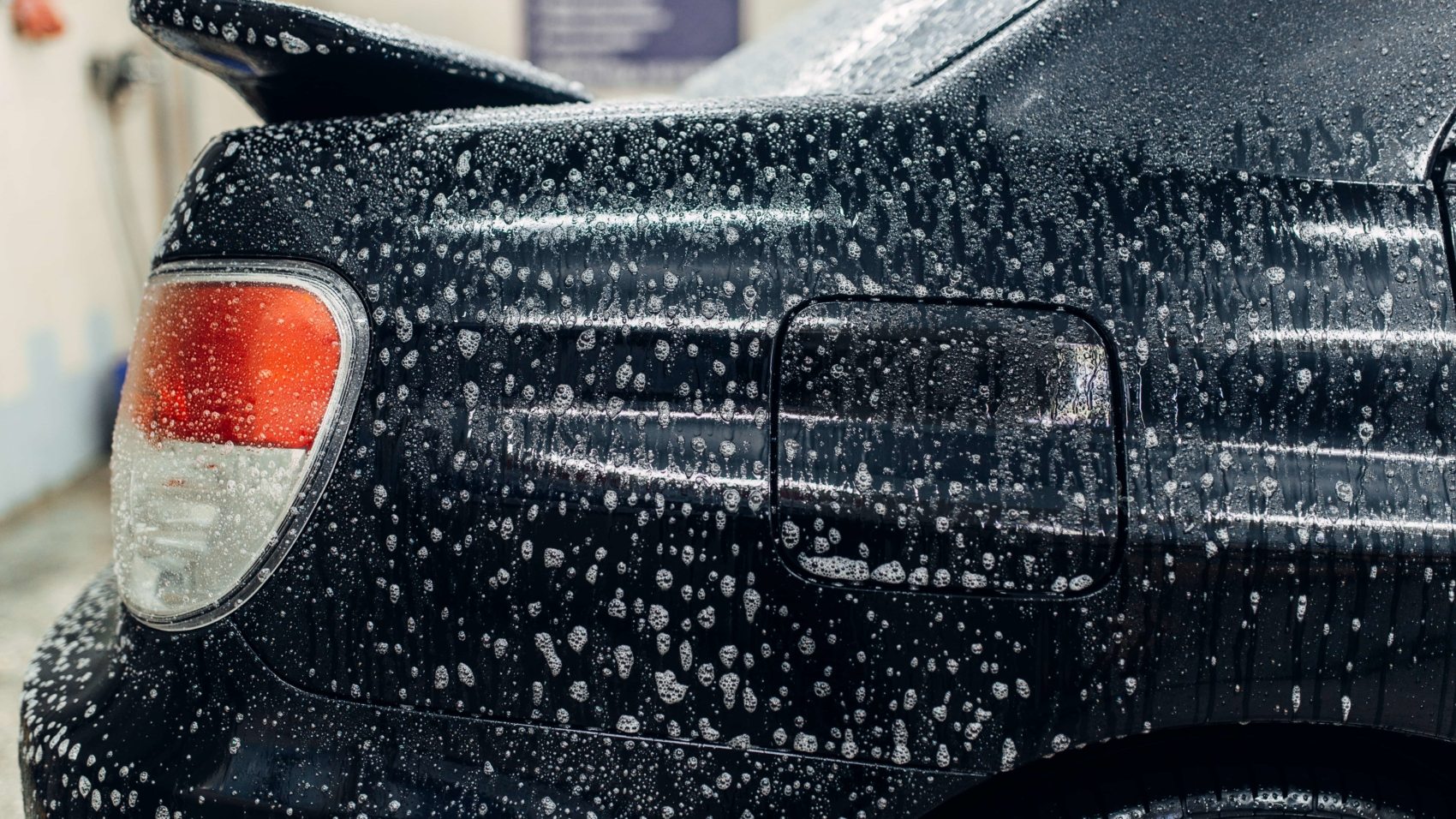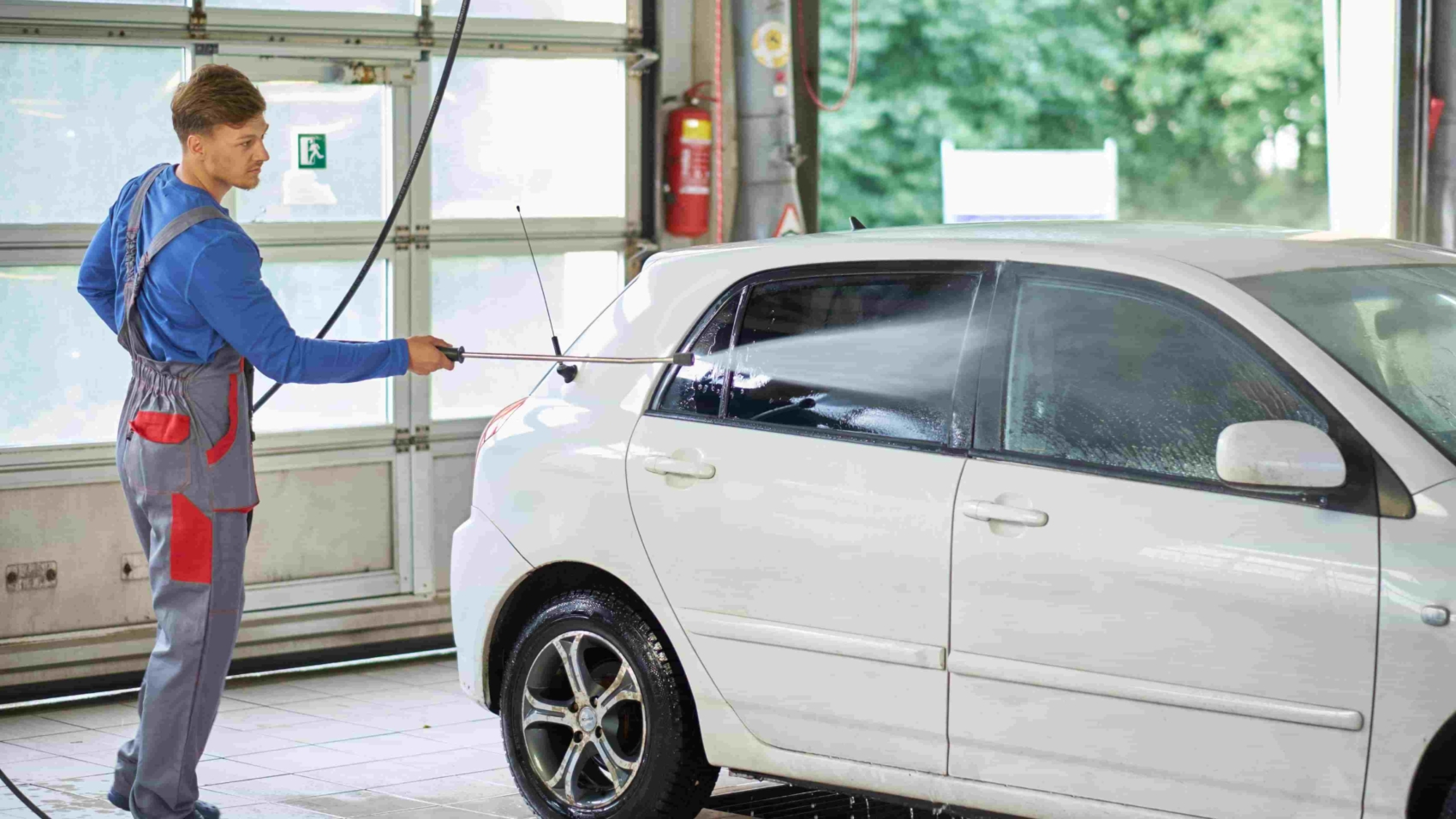There are few things as pleasant as driving about in a shiny, clean, spot-free car. While you might feel better about yourself in a freshly washed car, it’s not quite as nice for Mother Nature. Knowing that, and perhaps in light of the crippling drought it’s experienced, the #dirtycarpledge has taken hold in Los Angeles. But what about those of us who live in a part of the country where it isn’t eternally warm and sunny? You know, where a rust-inducing mixture of rock salt and snow cover the roads. This might not be a surprise to some of us, but professional washes tend to be not only a lot more convenient than a home wash, but much kinder to the environment. Citing LA Magazine, Boston.com reports that the typical home wash uses more water – 85 gallons per wash compared to 56 gallons per commercial wash – and can cause more pollution. “We are also good at using types of solutions that are environmentally friendly,” Danny Paisner, a Boston-area car wash owner, told Boston.com. “They go through on-site grease and water separators and go to treatment facilities.” Obviously, no such facilities exist when you’re washing a car in the driveway. So the next time you look at your car and decide it needs a good scrubbing, rest easy knowing that a visit to the drive-through wash is, environmentally, the next best thing to not washing at all.
There are few things as pleasant as driving about in a shiny, clean, spot-free car. While you might feel better about yourself in a freshly washed car, it’s not quite as nice for Mother Nature. Knowing that, and perhaps in light of the crippling drought it’s experienced, the #dirtycarpledge has taken hold in Los Angeles. But what about those of us who live in a part of the country where it isn’t eternally warm and sunny? You know, where a rust-inducing mixture of rock salt and snow cover the roads. This might not be a surprise to some of us, but professional washes tend to be not only a lot more convenient than a home wash, but much kinder to the environment. Citing LA Magazine, Boston.com reports that the typical home wash uses more water – 85 gallons per wash compared to 56 gallons per commercial wash – and can cause more pollution. “We are also good at using types of solutions that are environmentally friendly,” Danny Paisner, a Boston-area car wash owner, told Boston.com. “They go through on-site grease and water separators and go to treatment facilities.” Obviously, no such facilities exist when you’re washing a car in the driveway. So the next time you look at your car and decide it needs a good scrubbing, rest easy knowing that a visit to the drive-through wash is, environmentally, the next best thing to not washing at all.
This might not be a surprise to some of us, but professional washes tend to be not only a lot more convenient than a home wash, but much kinder to the environment. Citing LA Magazine, Boston.com reports that the typical home wash uses more water – 85 gallons per wash compared to 56 gallons per commercial wash – and can cause more pollution.
